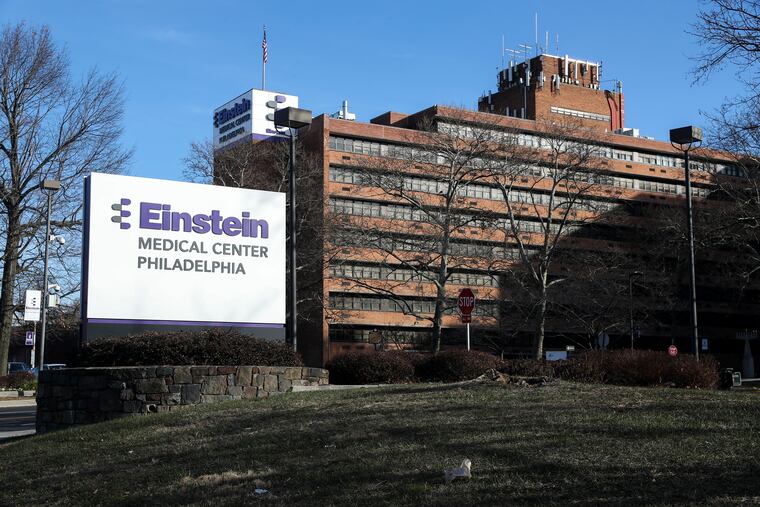Jefferson-Einstein merger: Federal judge seems skeptical of antitrust case blocking the deal
U.S. District Judge Gerald J. Pappert focused on practical realities of competition, but antitrust regulations could force him to block Jefferson’s acquisition of Einstein.

The Federal Trade Commission’s case against Thomas Jefferson University’s acquisition of Einstein Healthcare Network is now in the hands of U.S. District Judge Gerald J. Pappert, who on Monday spent more than six hours questioning FTC and Jefferson lawyers on the intricacies of antitrust law and its application to the Jefferson-Einstein deal.
The FTC has alleged that the combination will significantly reduce competition and allow Jefferson to force insurance companies to pay higher prices, which would then be passed on to consumers.
In plain language, the judge said he has to decide: “If this deal goes through, will this combined entity have the leverage to squeeze insurers?”
» READ MORE: Temple Health’s CEO finds value in small efficiencies as the system’s results improve
Pappert seemed skeptical.
He was focused on the commercial realities of the health-care marketplace in Southeastern Pennsylvania, and was puzzled that the FTC case, which relied heavily on economic models, ignored the competition that Jefferson faces from its largest competitor, the University of Pennsylvania Health System.
“You had a lengthy complaint. You had several hundreds of pages of your experts reports, Penn wasn’t even mentioned," Pappert said to the FTC lawyers. "Did you maybe think I didn’t know it exists?”
Later in the hearing, he returned to the competition between Penn and Jefferson and said to the FTC lawyers: “One of the things I have to believe in order for you to win is that the University of Pennsylvania Health System will not be a competitive constraint on prices that a merged Jefferson-Einstein can get from insurers.”
In another line of questioning that illustrated Pappert’s knowledge of the Philadelphia marketplace, he asked lawyers from both sides how he should incorporate Independence Blue Cross’ market dominance into his analysis.
He then suggested that “bringing on Einstein doesn’t make it any easier for Jefferson to walk away” from an unsatisfactory contract offer from IBC.
» READ MORE: Jefferson would shut Elkins Park ER under its purchase plans for Einstein Healthcare Network
Pappert did not provide more detail on when he expects to issue a ruling. Last month, he said it would be before an FTC administrative proceeding scheduled to start in early January.
Industry observers expect the FTC to appeal to the Third Circuit Court of Appeals if the the agency loses its bid for a preliminary injunction. Jefferson’s agreement to acquire Einstein expires at the end of next year or 60 days after a final court of appeals decision against the deal.
Jefferson’s lawyers said Monday that if the judge grants the FTC’s injunction request, the merger will be off.